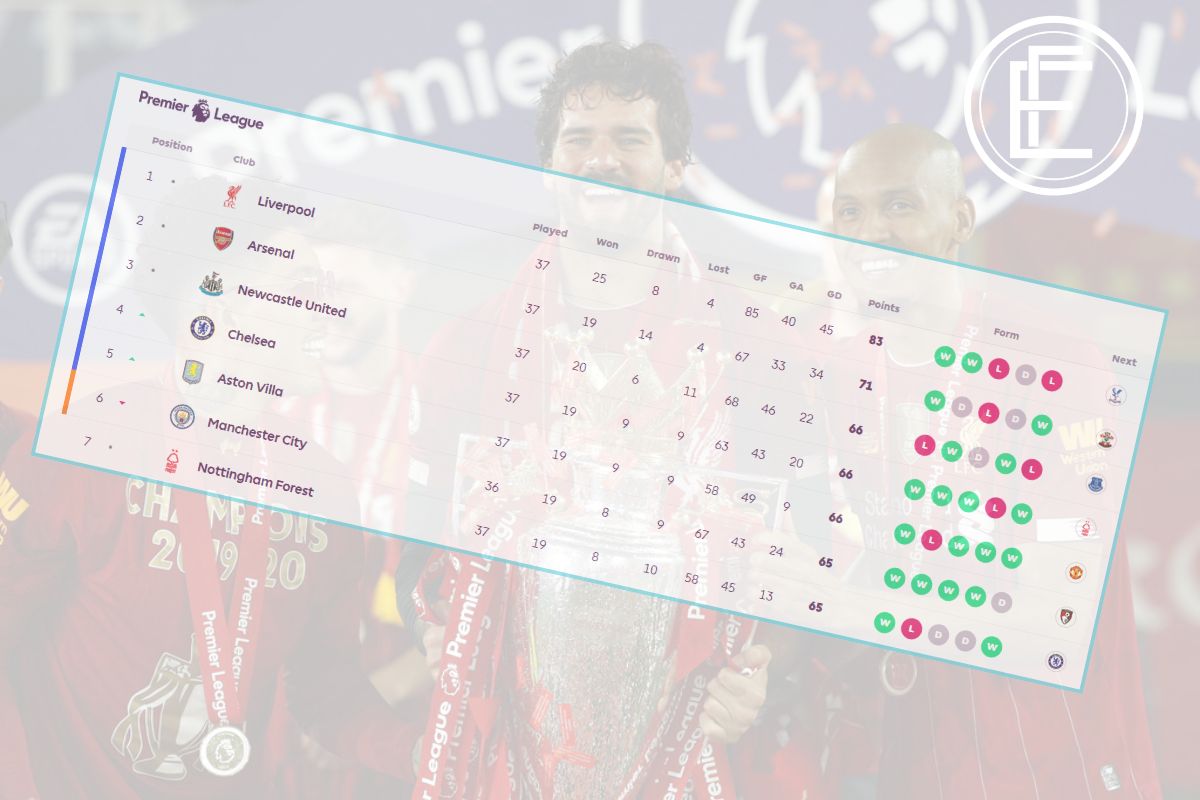In recent years, the hospitality industry has seen a significant shift towards sustainability. As awareness of environmental issues grows, more and more event organisers are adopting eco-friendly practices to reduce their carbon footprint and promote a greener future. This blog will explore some of the sustainable practices being implemented in event hospitality and how they can benefit both the environment and your business.
Eco-Friendly Initiatives in Event Hospitality
Waste Reduction and Recycling: Many events now prioritise waste reduction by minimising single-use plastics and encouraging recycling. This includes using biodegradable or compostable materials for food and drink containers, as well as providing clearly marked recycling bins throughout the venue.
Energy Efficiency: Event venues are increasingly investing in energy-efficient technologies, such as LED lighting and smart climate control systems. These not only reduce energy consumption but also create a more comfortable environment for attendees.
Sustainable Catering: Sourcing local, organic, and seasonal produce for event catering is becoming more common. This not only supports local farmers but also reduces the carbon footprint associated with transporting food over long distances. Many clubs now only source their meat or produce from local suppliers, which helps reduce transportation and supports local businesses.
Green Transportation: Encouraging the use of public transport, carpooling, or even providing shuttle services powered by electric or hybrid vehicles can significantly reduce the environmental impact of travel to and from events. Most venues have or are looking at charging points for visitors electric vehicles.
Eco-Friendly Décor: Using sustainable materials for event décor, such as recycled paper, bamboo, or reclaimed wood, can add a unique touch while also being kinder to the planet.
Forest Green Rovers: Leading the Way in Sustainability
Forest Green Rovers (FGR) is widely recognised as the world’s greenest football club, setting a benchmark for sustainability in sports. Their commitment to eco-friendly practices is evident in every aspect of their operations, making them a perfect business case for the sustainability model of football clubs.
Vegan Club: FGR is the only football club in the world to adopt a completely vegan diet for both players and fans. This initiative significantly reduces the environmental impact associated with food production, particularly the meat and dairy industries, which are known for their high carbon footprints.
Energy Efficiency: The club has installed solar panels that provide around 20% of their annual electricity needs. Additionally, their scoreboard and LED pitch-side boards are powered by a battery charged from solar energy. For any extra energy required, FGR is supplied by Ecotricity, which provides 100% renewable electricity and carbon-neutral gas.
Green Transportation: FGR encourages sustainable travel by organising group travel to away games and offsetting the carbon emissions from coach journeys. They also provide park-and-ride services, cycle parking, and electric vehicle charging points at home games.
Waste Reduction: The club avoids single-use plastics and uses biodegradable or compostable materials for food and drink containers. They have replaced single-use sachets with refillable pump dispensers and produce all cleaning materials on-site using refillable bottles.
Water Recycling: FGR’s organic pitch captures rainwater and recycles it for irrigation, saving precious tap water. They have also introduced a process that cleans water from away fans’ toilets and pumps it back onto the pitch.
Eco-Friendly Décor: The club uses sustainable materials for event décor, such as recycled paper, bamboo, and reclaimed wood. This not only adds a unique touch but also reduces environmental impact.
Reforestation Initiatives: In partnership with Ecosia, FGR supports reforestation projects, focusing on tree planting in biodiversity hotspots. This collaboration aims to combat deforestation and regenerate forests.
Community Engagement: FGR’s sustainability efforts have attracted significant interest, with film crews and journalists frequently visiting to document their initiatives. The club actively spreads the word about their eco-friendly practices, inspiring others to follow suit.
Forest Green Rovers’ dedication to sustainability extends beyond the pitch, making them a leader in environmental consciousness in sport. Their initiatives serve as a model for other football clubs and organisations looking to reduce their environmental impact.
Experience First Events: Our Commitment to Sustainability
At Experience First Events, sustainability is at the core of our operations. We believe in creating memorable experiences while minimising our environmental impact. Our dedication to eco-friendly practices is reflected in every event we organise.
Having worked in prestigious venues like Old Trafford, we have first hand experience with initiatives such as “Reds go green.” This programme highlighted the significant wastage from matchdays and emphasised the importance of each staff member’s role in reducing the environmental footprint. Our involvement in such initiatives has ingrained a deep commitment to sustainability within our team.




